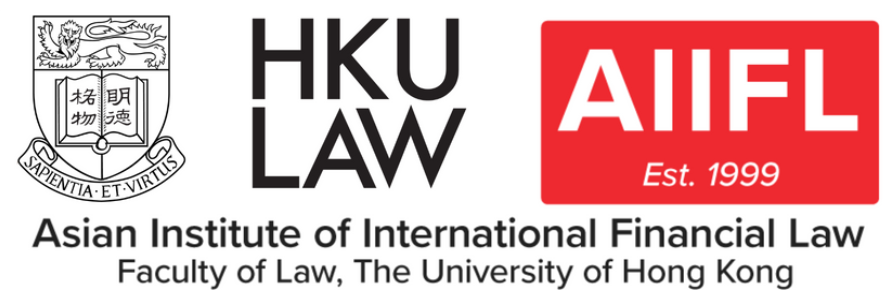What Explains Corporate Governance Regimes in China?
24 November 2017
1:30 pm – 2:30 pm
Room 723, 7/F Cheng Yu Tung Tower, The University of Hong Kong
The corporate literature has examined what factors affect corporate governance regimes and the effect of the choice of such regimes in the U.S. and other developed economies. Very few empirical works have been done to test whether publicly listed companies in China, the fast rising economy, behave as the corporate law and economics theories predict. In this article, using a unique, hand-coded data set on corporate charter provisions in randomly sampled 297 public Chinese firms, we develop an additive index that demonstrates whether they are more pro-controllers or pro-minority shareholders as compared to Delaware law and NYSE listing rules. We find that public Chinese firms were also disciplined by the market.
Dr. Yu-Hsin Lin is an Assistant Professor at the City University of Hong Kong, School of Law. Her research interests focus on corporate governance, company law, and capital markets regulation. Dr. Lin holds a J.S.D. degree from Stanford Law School, where she was appointed as the John M. Olin Fellow in Law and Economics. She has also been a visiting scholar at Harvard Law School. Dr. Lin’s publications appear in leading academic journals, including International Review of Law & Economics, Columbia Business Law Review, and New York University Journal of Law & Business.



 AIIFL Publications
AIIFL Publications